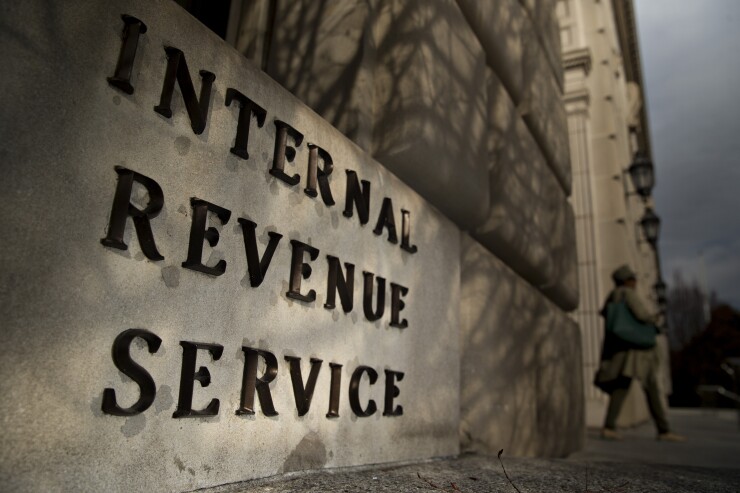The Internal Revenue Service has issued

The final regulations remove an initial enrollment user fee the IRS had planned to levy on enrolled retirement plan agents because the IRS said it no longer offers initial enrollment as an enrolled retirement plan agent. The final regulations also increase the amount of the renewal user fee for enrolled retirement plan agents from $30 to $67.
In addition, the final regs increase the amount of both the enrollment and renewal user fee for enrolled agents from $30 to $67. The final rules pertain to people who already are, or apply to become, enrolled agents and who are enrolled retirement plan agents. The user fees aren’t new. The Independent Offices Appropriations Act of 1952 authorizes charging user fees.
Once they’re eligible for enrollment, whether by examination or former employment with the IRS, people must file an application for enrollment with the IRS and pay a nonrefundable user fee. To maintain active enrollment and eligibility to practice before the IRS, an individual who has been enrolled as an enrolled agent or enrolled retirement plan agent must file an application to renew enrollment every three years and pay a nonrefundable user fee.
Whereas the fee had formerly been $30, it’s now going up to $67. The fee is paid every three years. The IRS doesn’t anticipate the fee increases will negatively affect enrollment as it averages around $12.33 per year, and enrollment has historically remained steady as user fee amounts have changed.





